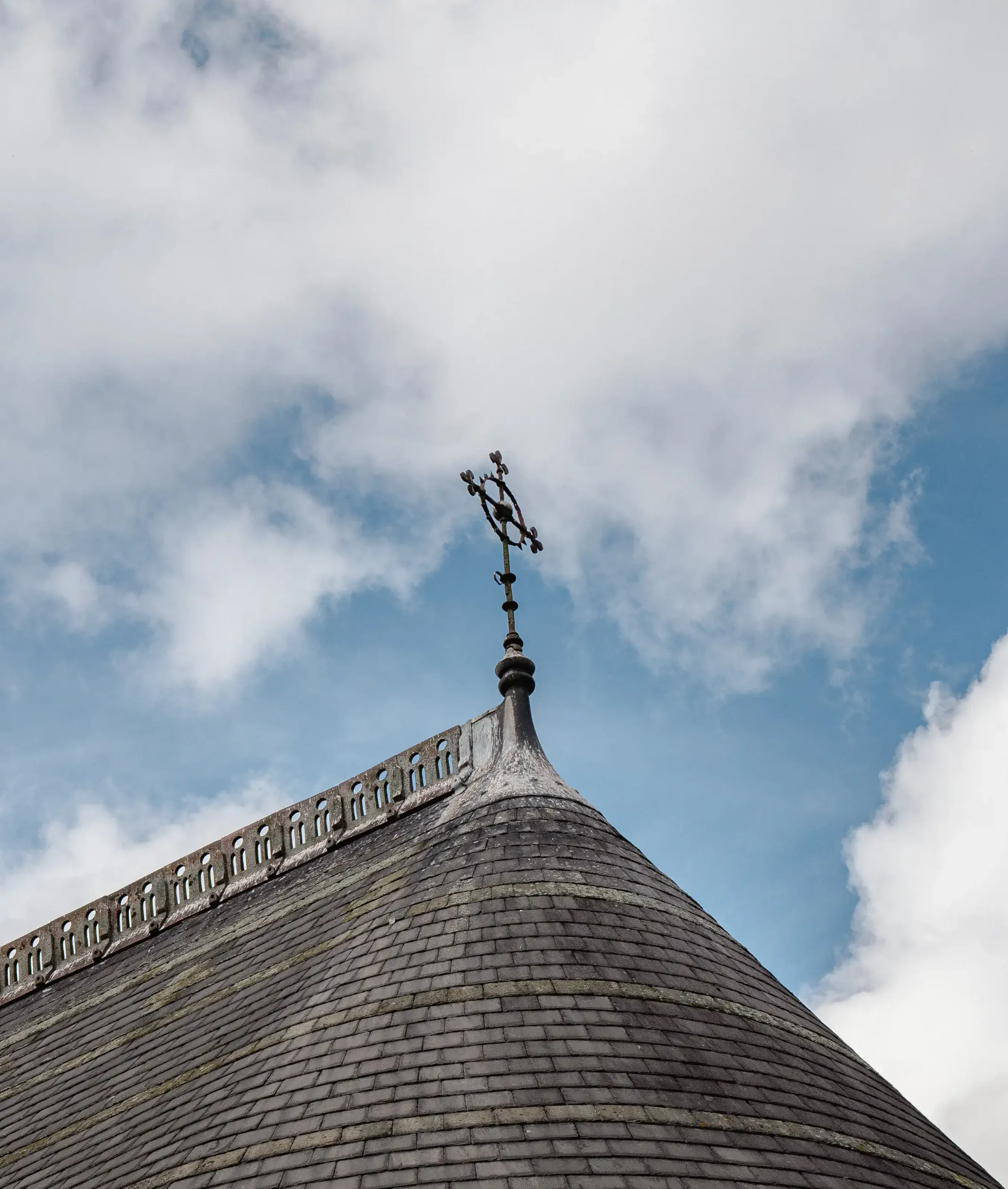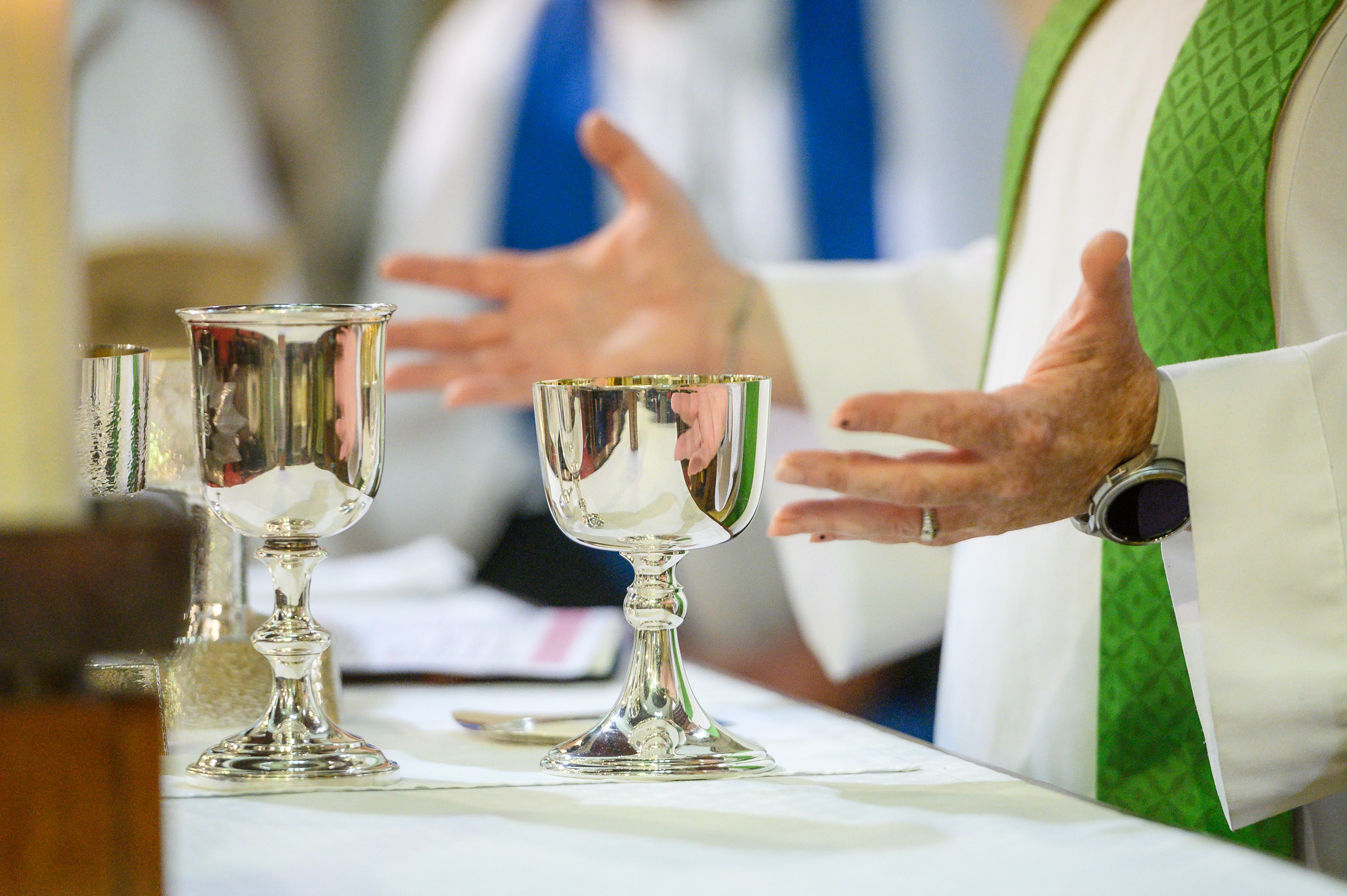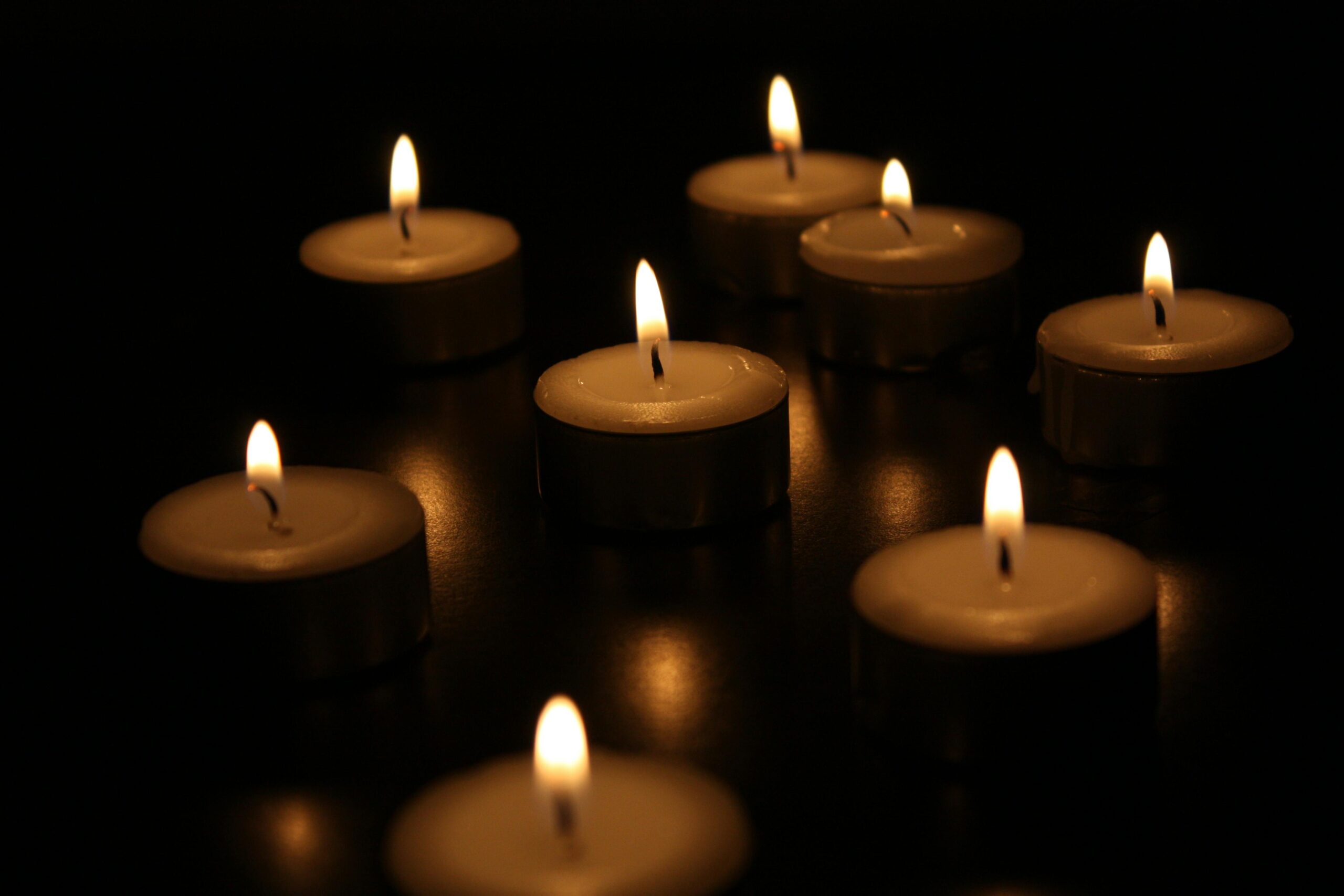
SUPPORT FOR CLERGY
Leading Life Events
Life events are sacred moments in people’s lives – times of celebration, commitment, and remembrance. As clergy, you play a vital role in helping individuals and families encounter God’s love through these milestones.
This section brings together everything you need to confidently and compassionately lead life events in your parish.

Admission to Communion is a meaningful step that allows children to receive the bread and wine during Holy Communion before…

Guidance and documentation to support those leading funerals in our diocese.

Supporting couples as they prepare for marriage in the church is a deeply meaningful part of pastoral ministry.